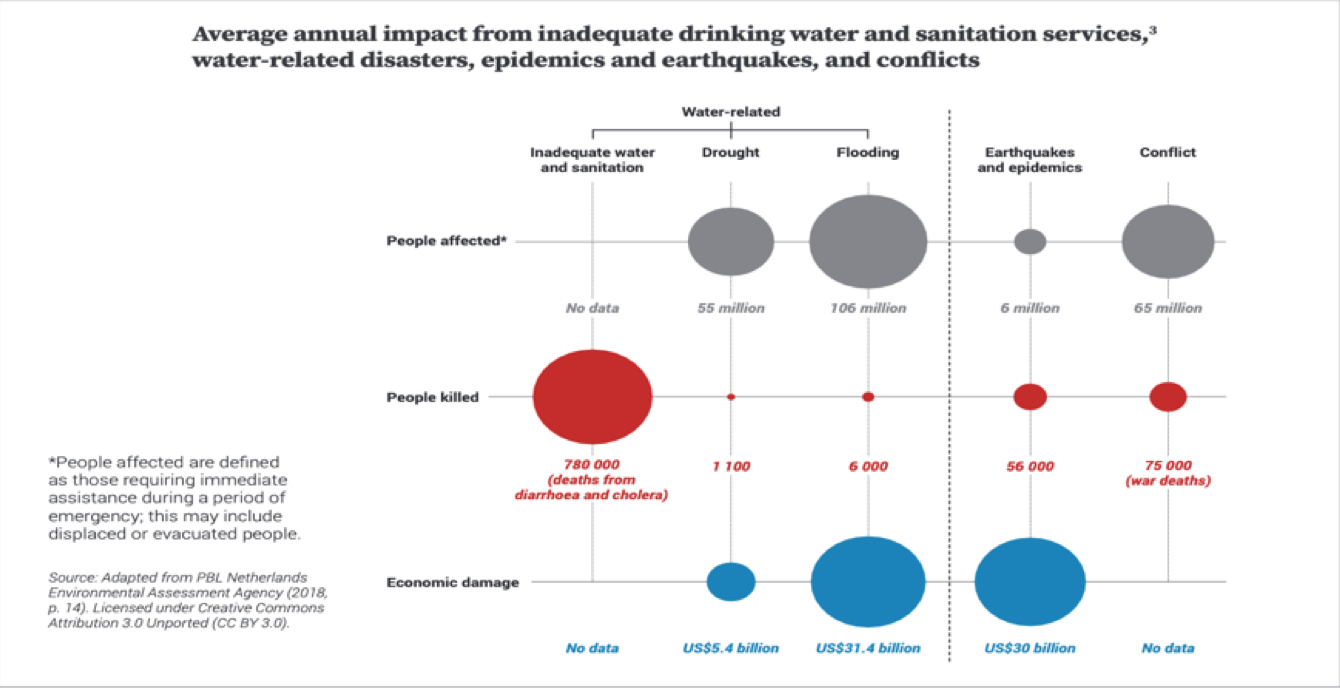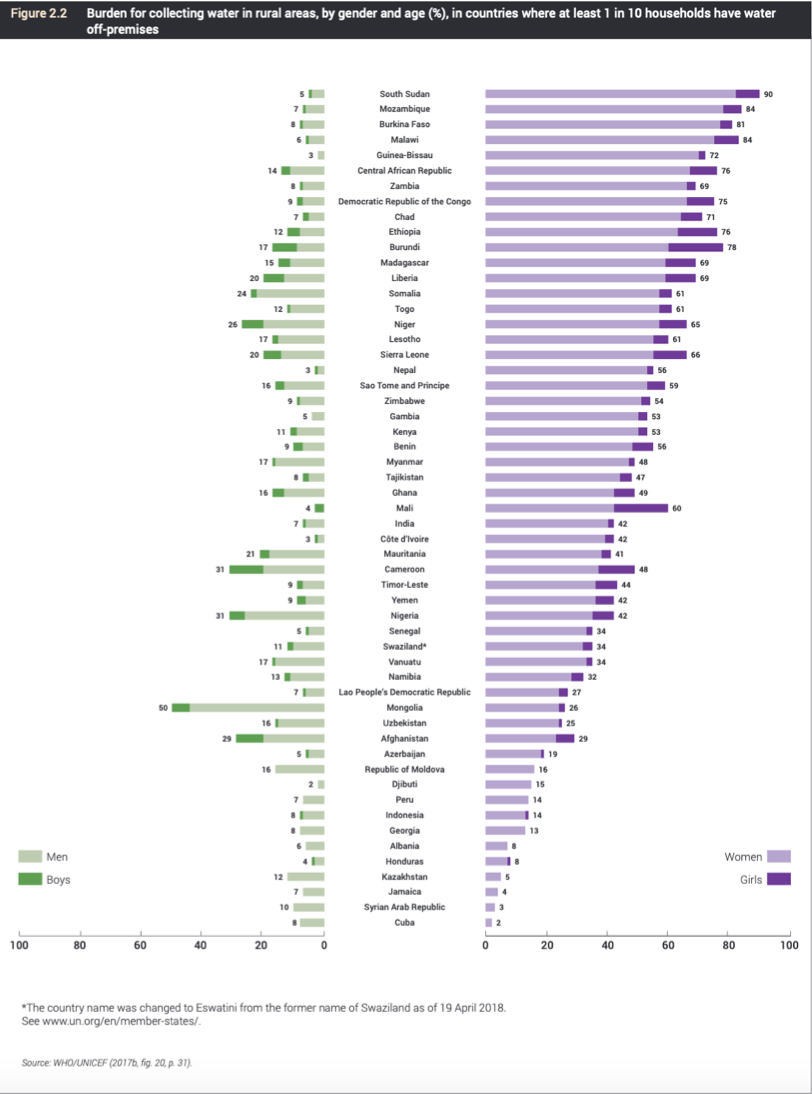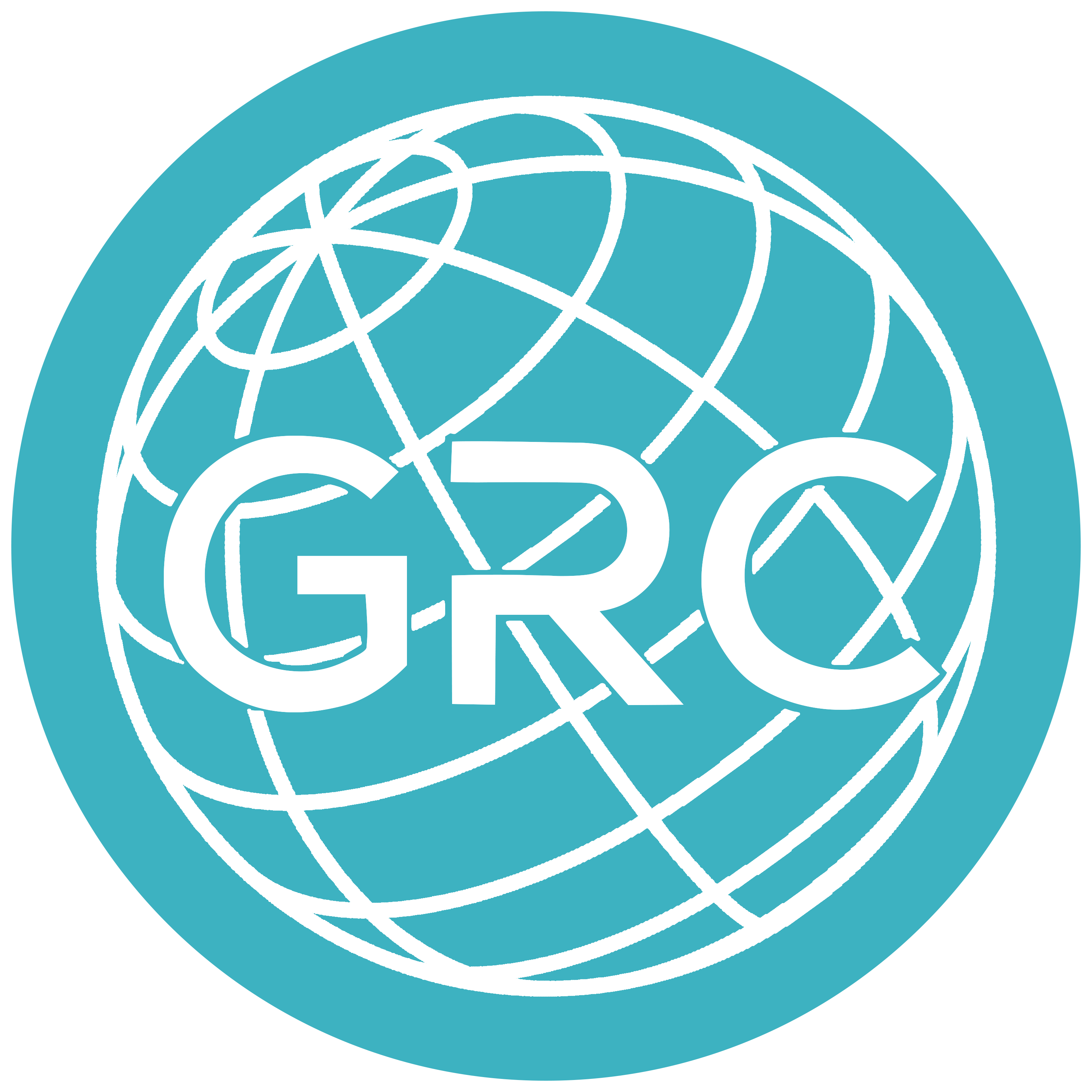The Correlation between Clean Water and Quality of Life
GRC 2023 Global Essay Competition Top 30
By Max Min
Introduction:
A pressing global health concern that I wish to investigate more deeply is how we might remedy the lack of access to clean water that a vast number of people currently face and what solutions could help alleviate this critical issue. Access to clean drinking water constitutes a fundamental need for everyone, irrespective of status, circumstances, or attributes. While those of us living in developed nations have long taken access to clean water for granted, we need to remember that millions around the globe still lack potable water. The United Nations' World Water Development Report from 2019 brought to light the sobering reality that close to 850 million people worldwide still lack fundamental access to potable water.
Lack of Clean Water and Diseases:
Access to clean water has a profound influence on public health by substantially elevating living conditions through its enabling of improved hygienic practices. Contaminated water sources that spread diseases far and wide are revealed through the resulting widespread illness from cholera, dysentery, and similar parasites. According to the findings detailed in the United Nations' 2019 report, it was estimated that around 780,000 fatalities could be connected to diarrhea and cholera owing to insufficient availability of clean drinking water and appropriate sanitary services. As Figure 1 demonstrates, the high number of annual fatalities from lack of access to fresh water far exceeds those from political conflicts and natural disasters, such as earthquakes, droughts, and flooding, clearly illustrating how access to fresh water effectively decreases illness within communities. This proves that access to fresh water reduces the frequency of illnesses in communities.

Figure 1: This is a figure from the 2019 World Water Development Report, "Leaving No One Behind” highlighting the impact of inadequate water and sanitation, natural disasters and political conflict.[5] Solving Water Scarcity and its Implications
Where access to potable water is scarce, pivotal upgrades to the waterworks are indispensable for sustenance and well-being. Collecting rainwater, recycling water, and establishing efficient distribution networks strengthen communities against the negative effects of water scarcity and contamination. This approach enables a more resilient response to current and future water resource challenges.
Technology plays a pivotal role in water infrastructure development. Innovative solutions like decentralized water treatment facilities that run on solar energy and intelligent water infrastructure can transform access to clean water, especially in distant and neglected areas, revolutionizing how it is provided to communities with limited resources.
Access to fresh, clean water, being intrinsically tied to both individual well-being and communal prosperity, should be recognized as a basic human entitlement, as its availability is pivotal to the quality of life. Implementing comprehensive solutions is essential to make meaningful progress in health, education, financial potential, and environmental preservation. Fulfilling this right requires collaborative efforts globally and locally. International agreements and frameworks, including the United Nations' Sustainable Development Goal 6, highlight through their emphasis on universal access the dedication to ensuring that all people can obtain clean water. Through grassroots efforts and inclusive methods, residents can have a voice in managing water supplies within their communities.
Fresh water access is crucial for health and improved living standards, alleviates poverty and disease, and lays the foundations for prosperity. Beyond immediate health benefits, access to water opens other opportunities, particularly for women and children who traditionally bear the burden of water-fetching responsibilities. In Figure 2, we see the breakdown of the burden of water collection based on gender and age groups.

Figure 2: This is a figure from the 2019 World Water Development Report, "Leaving No One Behind” highlighting the burden of collecting water based on gender and age in rural areas of various countries where at least 1 in 10 households have to go out of their homes to get water.[5]
Most of this responsibility disproportionately impacts females and young women throughout many of the developing nations represented in the graphic. In rural areas of South Sudan, where obtaining water remains an arduous chore, it is predominantly the women and girls who shoulder the burden of
this laborious task. If women and girls, freed from this time-consuming task of water collection, can actively participate in furthering their education or finding income-generating activities, enhancing economic prospects for entire communities, this transformative impact ripples through generations, fostering sustainable development.
Conclusion
The collective responsibility of global society is to come together to forge a future where no one is unjustly deprived of this indispensable resource like clean water. Ensuring universal access to potable water resources can significantly improve overall public health and wellness by providing all people with life's necessities. Cultivating a setting where all can benefit from an elevated lifestyle, we not only meet an ethical obligation but likewise clear a path guiding toward a more balanced and enduring future for each person.
References:
- United Nations. "Resolution 64/292: The Human Right to Water and Sanitation." United Nations General Assembly, 28 July 2010. https://unece.org/fileadmin/DAM/env/water/publications/WH_17_Human_Rights/ECE_MP. WH_17_ENG.pdf
- World Health Organization (WHO). "Drinking Water." WHO, 2023. https://www.who.int/news-room/fact-sheets/detail/drinking-water.
- World Bank. "Water and Sanitation: A Framework for Action." World Bank, 2003.https://documents1.worldbank.org/curated/en/556271468155727649/pdf/431020WP01NO0P 1vateSector1Roles1WSS.pdf
- Gleick, Peter H. "Global Freshwater Resources: Soft-Path Solutions for the 21st Century." Science 302, no. 5650 (2003): 1524–1528. https://doi.org/10.1126/science.1089967.
- United Nations, “Leaving No One Behind”, The United Nations World Water Development Report, 2019. https://unesdoc.unesco.org/ark:/48223/pf0000367306?posInSet=1&queryId=b410152e-948f-4 484-9e01-374620c70e6f.



